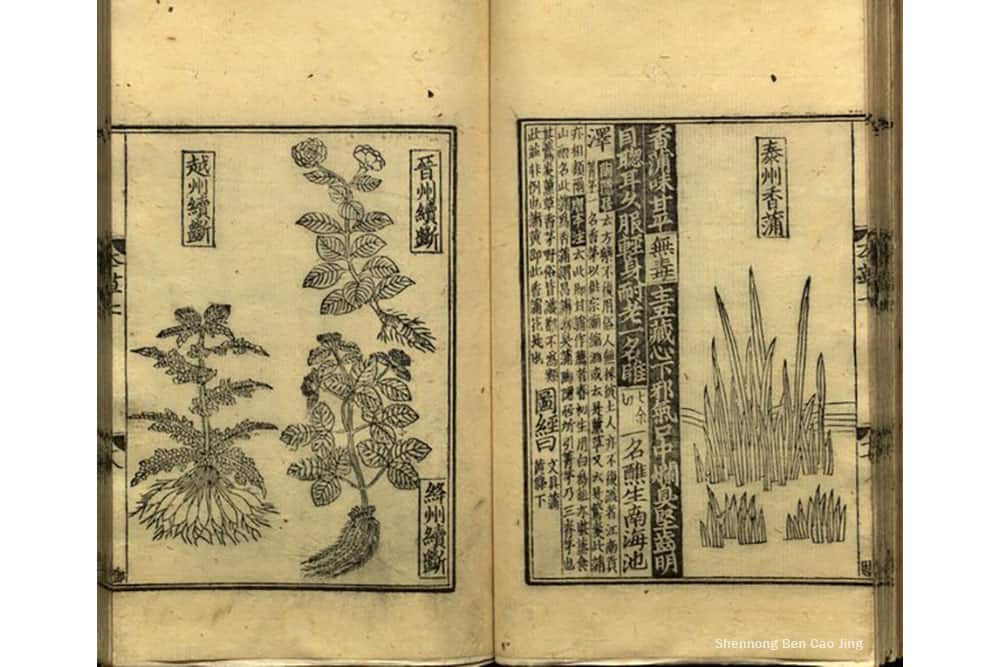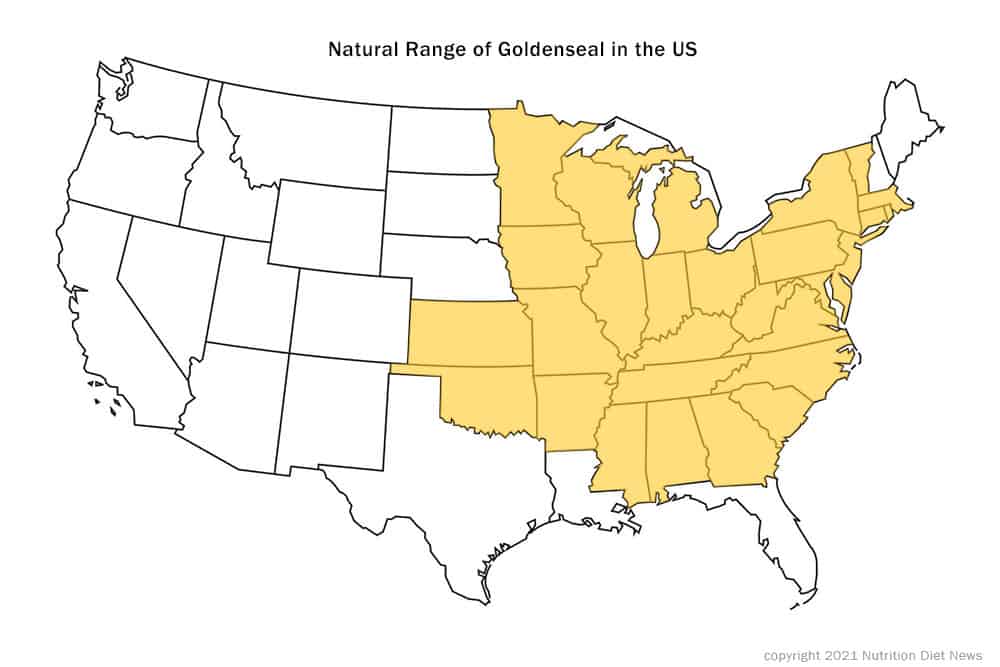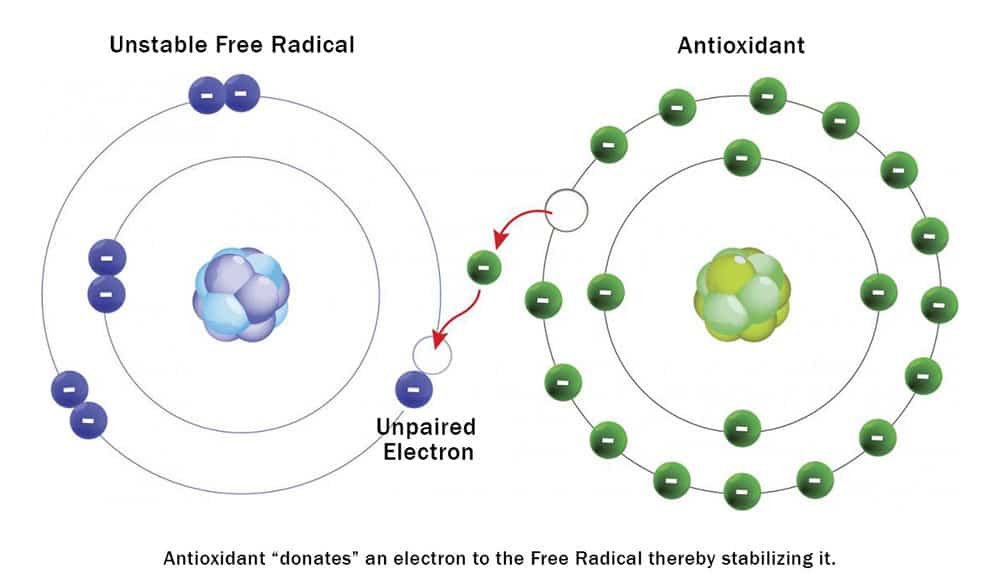
Berberine is an alkaloid found in the roots, stems, rhizomes and bark of various plants. Although it has been a staple of traditional medicine for thousands of years it was not isolated chemically until 1917. Berberine has an intense yellow color that has made it a favorite ingredient in dyes dating back to the early days of the textile industry.
It is still widely used as a dye (1) throughout India, while the Chinese use it to bolster the immune system, promote weight loss and increase energy levels. In the West it has found favor in recent years as a way to control blood sugars, prevent cardiovascular disease, lower cholesterol and lose weight among other things.
In the Beginning
The “Shennong Ben Cao Jing” or “Classic of Herbal Medicine” (2) is one of the first attempts to create a comprehensive medical textbook. Composed sometime around the 2nd century AD it is also one of the first texts to mention berberine, albeit indirectly, when it discusses the bitter taste of the “coptis herb”, member of the Berberidaceae family (3), which was used to treat everything from hemorrhoids to diabetes.
By the time of the Shennong, however, berberine was already firmly established as an important aspect of both traditional Chinese medicine and Ayurvedic medicine (4). While there has been some overlap between the two systems of traditional medicine regarding berberine (they both employ it to treat intestinal ailments and obesity, for instance), in Ayurvedic medicine the emphasis is more on using it to treat what we now know to be viruses, bacteria, protozoa and other harmful microorganisms. It has also been used to treat snake bites and scorpion stings.

Berberine has also played a significant role in Yunani medicine (5). While not as well known (or as well-regarded) as traditional Chinese medicine or Ayurvedic medicine, Yunani medicine has been around nearly as long and is still practiced widely among the muslim populations of the Middle East and Central Asia. Yunani practitioners tend to use berberine for things like toothaches, inflammation, jaundice, skin conditions and asthma, rather than weight loss or to strengthen the immune system.
Berberine in Pre-Columbian America
It is not clear exactly when Native American peoples began harnessing the medicinal power of berberine, but by the time Europeans arrived its use was widespread, if not universal. The native peoples often harvested berberine from goldenseal – a native North American plant that is found from Nebraska to Minnesota to Vermont to Georgia – and used it to deal with eye and skin problems and to help soothe stomach aches.
Goldenseal root where most of the berberine was located, was sometimes dried, ground up and mixed with animal fat to create an insect repellent (6). There is also evidence that the native peoples of South America were also aware of berberine and used it to help fight fevers and infections (7).

What Are the Benefits of Taking Berberine?
Over the past several decades more and more people have expressed an interest in traditional forms of medicine as an alternative to the Western focus on powerful prescription drugs and increasingly complex and expensive machinery. Berberine is one of the traditional compounds that has gained a lot of attention and berberine supplement sales have soared as a result. People today use berberine to:
Mitigate Symptoms of Type II Diabetes – There is no cure for diabetes, but there are things that a person can do to mitigate the effects of the disease. Taking berberine is often touted as one such thing. Clinical studies have demonstrated berberine’s ability to promote stable, or at least more stable, blood glucose levels (8), which is key to minimizing many of the negative effects of diabetes.
Prevent or Treat Obesity – For almost 3,000 years traditional healers have been using berberine to help people control their weight. In recent years scientific studies have confirmed berberine’s efficacy when it comes to promoting weight loss (9). Berberine seems to achieve this effect primarily by stimulating the metabolism which reduces the amount of food that is stored as fat.
Fighting Off Free Radicals – Free radicals are unstable molecules that weave their way through the human body wreaking havoc. The negative effects of free radicals are many and include a loss of skin tone, damage to the nervous system, autoimmune diseases such as rheumatoid arthritis and much more. The only weapon we have against free radicals is the antioxidant (10). Berberine is rich in antioxidants.

Reduce the Risk of Heart Disease – Berberine’s ability to enhance cardiovascular health is mostly a side effect of its ability to help people keep their weight under control. A slimmer person does not put as much stress on their heart (11). Berberine’s anti-inflammatory abilities also reduce the chance a person will suffer a heart attack or stroke.
Lower Their Cholesterol Levels – An elevated level of LDL cholesterol in the blood is a major contributing factor to heart disease. Recent studies strongly suggest that berberine can play a role in reducing the amount of LDL cholesterol in the blood (12). Of course, cholesterol is not the only risk factor in play when it comes to heart disease, but keeping it in check will go a long way toward warding off a catastrophic cardiac event.
Treating Digestive Issues – Berberine exhibits robust anti-inflammatory properties that can help fend off conditions such as Irritable Bowel Syndrome. It also seems to play a role in promoting a healthy balance of bacteria in the digestive tract, which in turn helps promote more complete digestion and more complete nutrient absorption. The result is better health and fewer digestive complaints.
The Bottom Line
Berberine has been helping people lose weight, fight diabetes, fend off heart disease and much more for nearly 3,000 years. Today it has been widely embraced by people in the West looking for a simple, effective, low-impact way to achieve a higher degree of overall health. If you have questions about Berberine supplementation talk to your doctor.


1 Comment
What are the benefits of taking Berberine? – Nutrition Diet News · July 7, 2022 at 12:25 pm
[…] source https://nutritiondietnews.com/benefits-of-taking-berberine/ […]
Comments are closed.